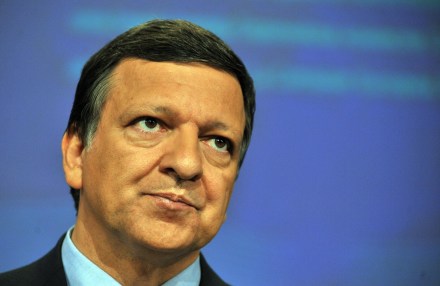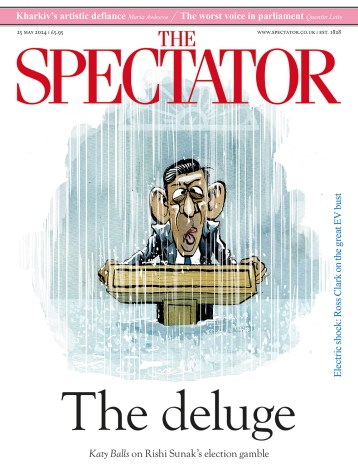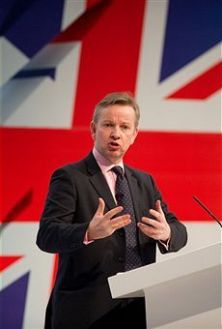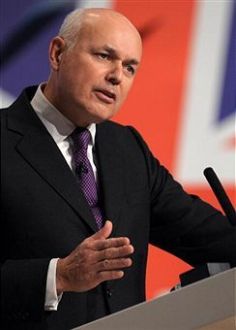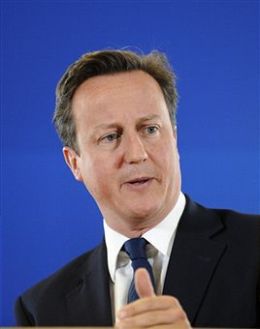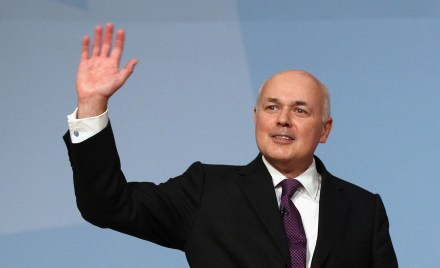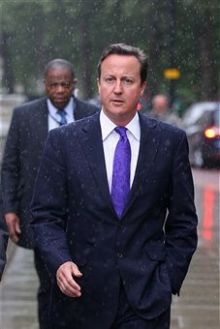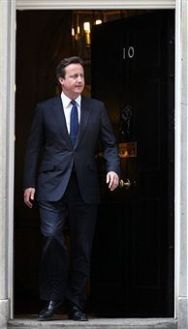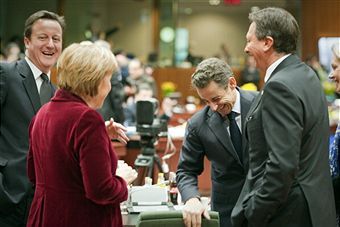Desperate times
You have to hand it to the Eurocracy: it is nothing if not determined. The recent horrors on the stock market have concentrated minds in Brussels and across continental capitals. The headline news is that France, Italy, Spain and Belgium have placed a temporary ban on short-selling, but that’s just one counter-measure that has been introduced in the last 24 hours. And you’ll notice that these schemes are piecemeal; there is no grand plan as yet to calm the markets. First, Spain has bent a suppliant knee before the European Commission to secure restrictions on Romanians seeking work. This is momentous: the first time that border restrictions have been re-imposed
